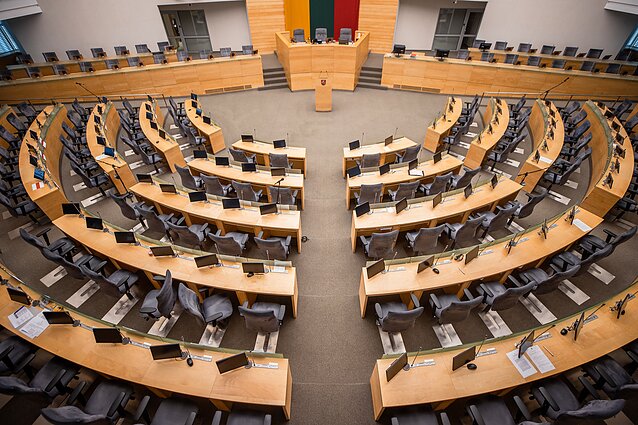The Lithuanian government has charged a crypto firm, Payeer, a fine of $10 million for violating its previous sanctions.
A cryptocurrency corporation called Payeer was fined €9.3 million, or roughly $10.1 million, by the Lithuanian government for violating the nation’s anti-money laundering laws and sanctions.
Despite Russia being on Lithuania’s sanctions list, Payeer continued to provide services to its Russian clients, according to a recent statement by the Financial Crime Investigation Service (FNTT), the country’s authority on financial crimes. The company got around sanctions by facilitating transactions for Russian banks.
Payeer’s Activities and Infractions
FNTT revealed that 213,000 users, or a sizable chunk of Payeer’s client base, are based in Russia. Authorities found that the company allowed transactions in Russian rubles for consumers outside of Lithuania, even though measures were made to hide the customers’ names.
Moreover, the financial authorities disclosed that the organization offered crypto wallet, account management, and storage services to individuals and corporate entities registered in Russia.
As a result, Payeer has been fined €1.06 million for breaking anti-money laundering regulations and €8.24 million for breaking international sanctions by the authorities. Payeer is still able to challenge the fine in court, though.
After the Estonian government revoked the operating license of a firm with a similar name for engaging in fraudulent activities, the Lithuanian-based company started offering crypto services in 2023.
Lithuania Is Bringing in a New Penal Code
Lithuania has been aggressively suppressing dishonest businesses and bad actors to provide a safe and orderly atmosphere for anyone doing business in its financial sector.
Known for taking a strong stand against Russia in the NATO and EU, Lithuania today has about 580 cryptocurrency companies operating inside its borders that offer blockchain-related services.
To combat fraud and avoid the misappropriation of digital assets, Lithuania has implemented a new licensing system that requires all cryptocurrency businesses to register with local market watchdogs.
Next year is when licenses are supposed to be issued, and it’s expected that only some of the present enterprises will be able to meet the strict requirements.
New Regulations’ Implementation
The new licensing system is expected to be fully implemented by June 2025, according to a statement made last week by Simonas Krepsta, a member of Lithuania’s central bank. Lithuania will withdraw the licenses of businesses that do not comply with regulatory norms.
Lithuania is getting ready to implement local legislation to control the use and issue of cryptocurrencies within the nation in addition to the new system. The law will also govern the way that businesses service their customers.
The Financial Intelligence Unit will have more authority, thanks to these laws, to enforce anti-money laundering rules and take action to cancel or revoke corporation registrations.



